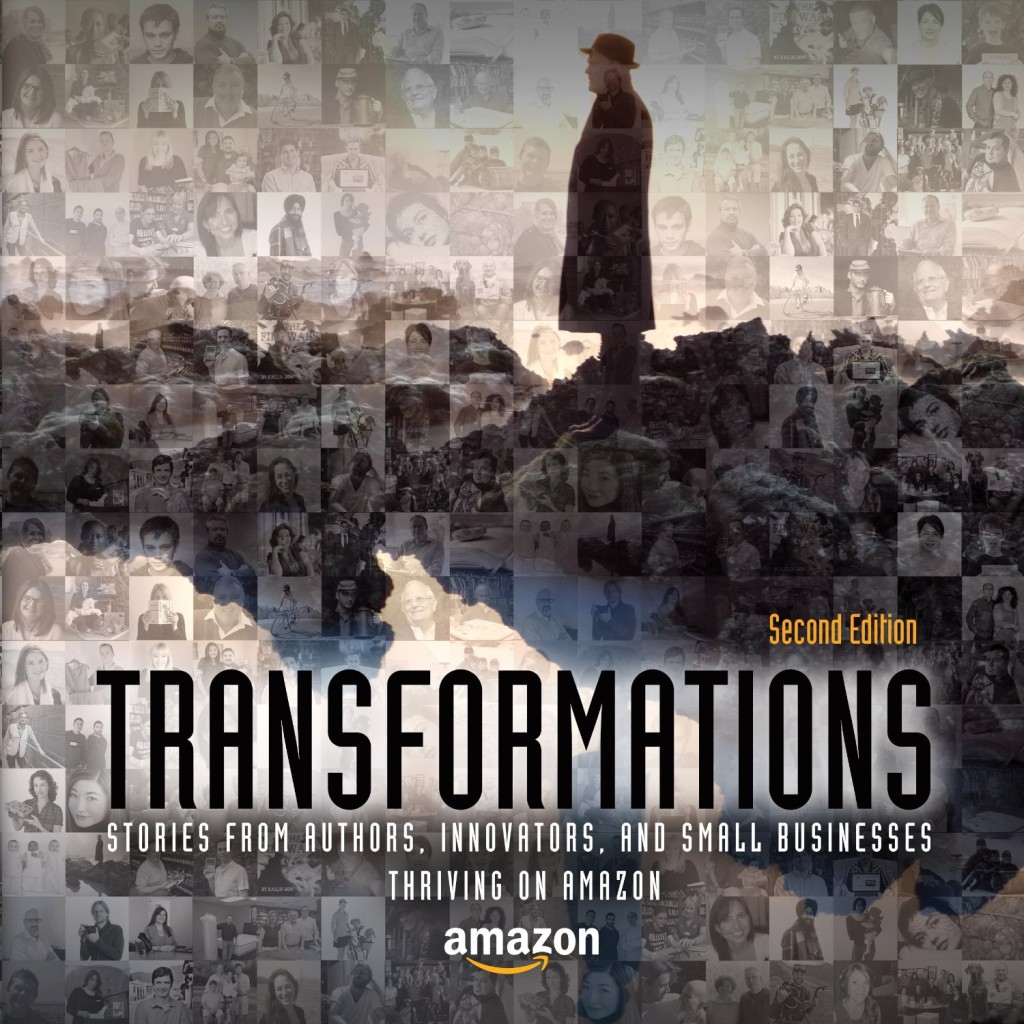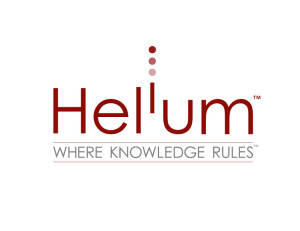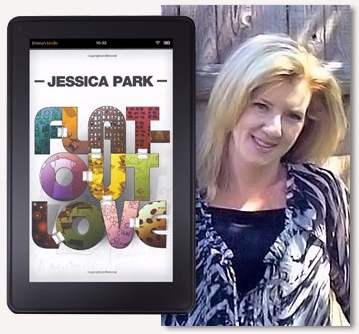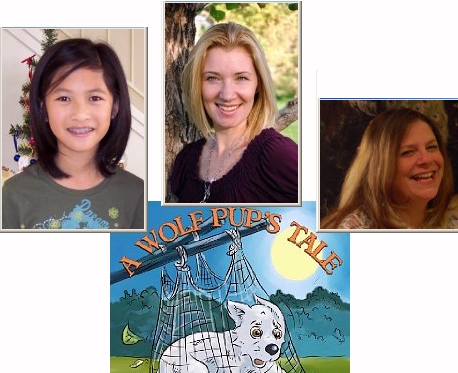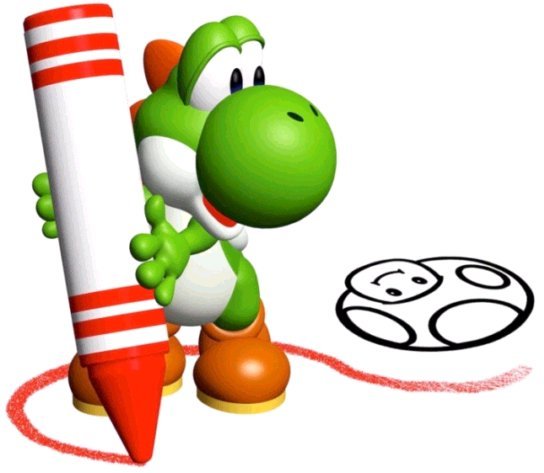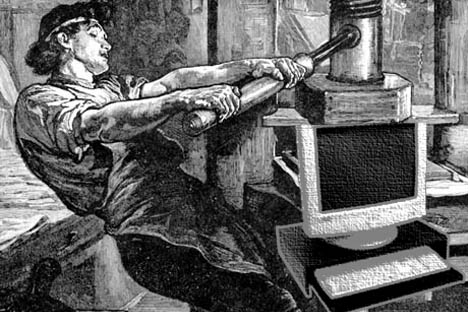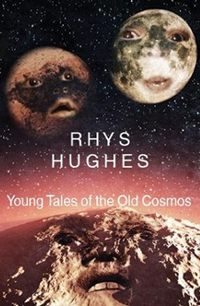
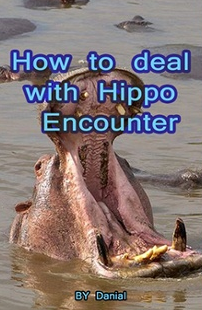
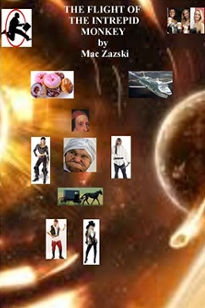
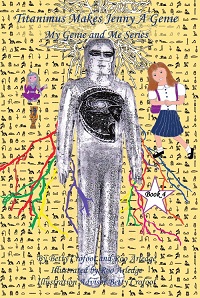
“Judging a book by its cover is generally frowned upon,” jokes a newspaper in England, “but the same cannot be said for ebooks.” They’re interviewing the creator of a new page on Tumblr called “Kindle Cover Disasters” — and yes, it’s a collection of cover illustrations that are spectacularly bad. You can view all of the awful images — along with the author’s quick assessments of them — by scrolling down the page.
Here’s some of his more interesting finds…

Young Tales of the Old Cosmos by Rhys Hughes
Wait, what? I’m not even sure I understand what that means, but oh my god that’s a creepy cover! Human eyes — and even lips — have been cut-and-pasted onto two planets, and also onto the rocky surface of the moon. And according to this ebook’s description, it really is stories about the personal life of planets. “When Pluto is officially demoted from a true planet to a dwarf planet; when the poor moon is infested with clowns…; when the Milky Way wants to make friends… that’s the time they most need our sympathy and support.” You’d think more people would want to read about the clown infestation of the moon, but alas, on Amazon’s list of their best-selling ebooks, this book is ranked #2,179,737

How to Deal with Hippo Encounter by Solomon J. Matt
First, that’s a terrible title. (There seems to be a word missing…) And honestly, that’s a terrible idea for a book, since, really, how big is your target audience going to be? If I actually did encounter a raging hippopotamus, would I rush over to Amazon to purchase an ebook of helpful advice? (Chapter One: Running…) But all of this overlooks the fact that a hippopotamus’s mouth is just plain ugly. Do you really want that enormous pink maw gaping up from the water on the cover of your newest Kindle ebook?

Titanimus Makes Jenny a Genie: Book 4 by Betty Crofoot
Where to start? Yes, Jenny’s legs are too short, and those bolts of lightning are clearly the wrong color, but I can’t get past the shape of Titanimus’s body. It’s like an overpadded robot — maybe Klaatu from “When Worlds Collide” — but with a hole in his chest where the cosmos peeks through. In this story Titanimus makes Jenny into a genie, apparently, but its lackluster cover manages to make that look about as dazzling as a quilt at the Andromeda Galaxy’s county fair. This 51-page book is just $5.95, and so far has been reviewed by no Amazon customers whatsoever.

The Flight of the Intrepid Monkey by Mac Zazski
First, that’s another terrible title. But at least this is a full-length novel that’s available free in the Kindle Store, and you have to admire the author’s ambition. It’s a story about fugitives from the law who become intergalactic heroes — an “out of this world love story filled with pirates, ugly secretaries, angry housekeepers, Church librarians…” Unfortunately, author “Mac Zazski” has apparently just cut-and-pasted random photos of people over a washed-out drawing of the solar system, and instead of a poster for excitement, it ends up looking more like a tiny family scrapbook.
